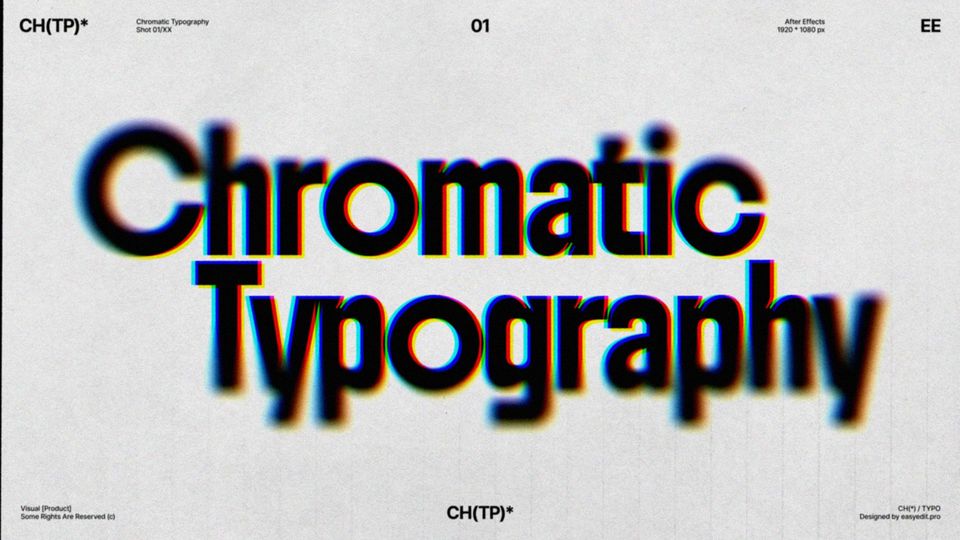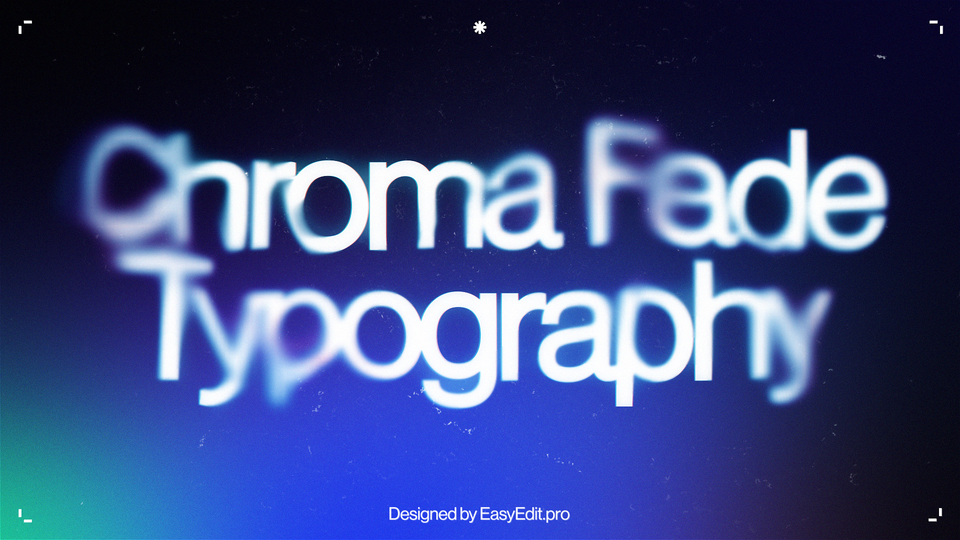
Created: 4 years ago
TOP 5 Useful Expressions for After Effects
Nice to see you again👋
Have you ever considered expressions as a way to create a good animation? If so, you were right - this tool gives the ability to create and easily control it from the beginning to the end. And also do this very fast!
We've made a list of some versatile and universal expressions at the same time. Any of them can find a place in your projects on a regular basis. These After Effects expressions are:
Wiggle
If you want to get a shaking animation, you can use the wiggle expression.
Go to Transform menu > Alt > Position and put “Wiggle” in the layer parameter.
Put the parameter
After open brackets and put values:
Setting the expression
Depending on these values, you can control the shaking level of your animation.
Changing the values
LoopOut
Next one is LoopOut - this expression can repeat your keys. The easiest and most common one - duplicating the layers to make the animation repeat itself:
Put the parameter
But the LoopOut expression is working even better - create a Pre-Comp. Right-click Time > Enable Time Remapping.
Duplicating the layers
Find the final frame of the animation and put another key. Remove the final key; press Alt and click on Time Remap and enter the LoopOut expression:
Setting the expression
Time Counter
If you need to set a time-counter to your project, it can be easily done with the following expression. Open the text layer and click on Source Text with the Alt pressed. Write Time Counter Expression - time.toFixed(0) to set the expression:
Setting a counter
If you want to specify decimals, change 0 to 1 and to hundreds:
Changing the values
Bounce
The next expression is bounce. On the layer, create the animation of appearance. Press Alt, click on the scale, and insert the expression:
amp = .1;
freq = 2.0;
decay = 4.0;
n = 0; time_max = 4;
if (numKeys > 0){
n = nearestKey(time).index;
if (key(n).time > time){ n--;
}}
if (n == 0){ t = 0;
}else{
t = time - key(n).time;
}
if (n > 0 && t < time_max){
v = velocityAtTime(key(n).time - thisComp.frameDuration/10);
value + v*amp*Math.sin(freq*t*2*Math.PI)/Math.exp(decay*t);
}else{value}
It will go like this:
Setting the expression
By changing these values you can control the animation:
Controlling the speed and frequency
Blink
Blink creates a flickering effect with the Opacity Control. Duplicate the layer, repaint it red and put it down.
Setting the animation
Open Transform Menu, clock on Opacity with the Alt pressed and insert the expression:
Speed =10;
n = Math.sin(time*Speed);
if (n<=0) 0 else 100;
The upper layer flickers and with this value, you can control the flicker speed and frequency.
Adjusting the speed and frequency
Hope you can use it as often as you start creating an animation! If you're trying to animate the text, check this tutorial. If you're trying to duplicate the compositions in AE, you may need this tutorial.
Good luck with your animations!
10k elements for Reels and Stories
Looking to add a splash of creativity to your Instagram stories and reels? You're just a click away! Discover our iOS app infi: packed with 10,000+ unique stickers and design elements to breathe life into your social media content.







